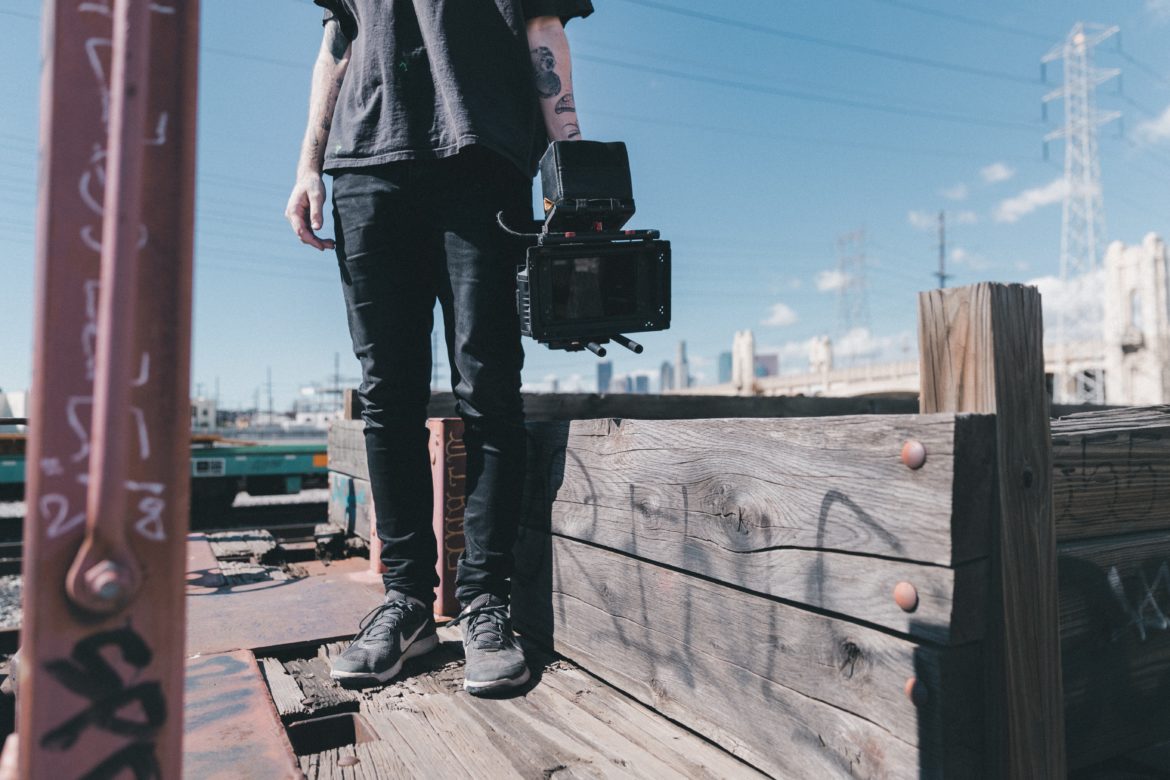Finally… the blog you’ve been waiting for is here! PERMITS!!!
Okay, it’s probably not the most interesting part of production, but a good understanding of the permit process will serve you well as you venture forth into the wild world of location scouting.
In a general sense, permits are the way the government allows films to take place on government land or in public space. Film permit acquisition is a part of the location scouting process and is typically handled by the location manager.

Every city and/or state has a Film Commission that handles the permitting process and will be your avenue to acquiring locations and being allowed to legally film. Permitting is one of the later stages of pre-production, as it requires a full film schedule and plans to acquire a film permit, thus making it one of the most important hurdles towards production.
Unfortunately, the costs associated with permits can make it hard for independent and low-budget filmmakers because they can cost a fair bit of cash. Through film LA, currently, the minimum cost of a permit is $625. Thankfully for LA filmmakers, Mayor Garcetti has announced an initiative that will make them 1/3 the cost of what they currently are.
“Los Angeles has always been home to pioneers of the entertainment industry, and we should take down barriers to the kind of creative, future-minded innovation that small digital filmmakers represent…” Garcetti said in a statement. (LATimes)
So first some questions about permitting!
Who needs permits?
Anyone looking to film any for-profit commercial or sale related on state property.
Non-commercial or personal films generally do not require permits.
(example permit)

Where do you need a permit to film?
Always remember to check with your local film commission to see what kind of permits different locations require.
For example, LA does not differentiate between private or public, indoors or outdoor. Everyone needs a permit if they are filming, even students. Luckily students have a reduced permit price of up to 1/20 the cost of a full permit. (Nice!)
This is different than, say, San Francisco, which does not require a permit if you are filming inside a private property.

Next up… Steps for completing a permit:


Permitting may be a pain but it’s very important and necessary to ensure that a production respects public and private space. Ensuring a good working relationship between the public, government, and creative spheres are integral to filmmakers’ artistic pursuits.

